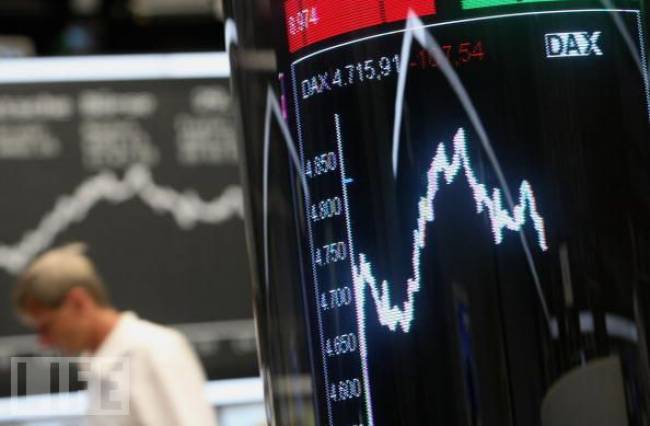Market watchers who assume the fallout from the Greek debt drama will be limited may be in for a nasty shock, Yale University fellow Stephen Roach said Wednesday.
In fact, a Greek default and exit from the euro zone could produce a surprise on the order of the dotcom bubble and the subprime mortgage crisis, he said. The reason: The U.S. recovery following the Great Recession has been weak and the consumer is still struggling.
“Weak economies don’t have cushions to withstand inevitable blows,” the former chief economist and chairman of Morgan Stanley Asia said on CNBC’s “Squawk Box.”
He said real consumption in the United States has grown only about 1.4 percent over the last 7½ years. “That is not terrific. That’s not the type of cushion you need to withstand something out of the blue.”
The downturn in the broader market lagged behind the collapse of Internet stocks in 2000, as well as cratering housing prices in 2006 and 2007, he noted. In both instances, he said, many investors thought the damage would be isolated.
Now, the same assumption is being applied to Greece.
“Here’s Greece—1 to 2 percent of EU GDP and population—people say don’t worry about it, but look at the exposure of French banks, German banks, U.K. banks to sovereign debt in Greece. I think it’s complacency once again,” Roach said.
Greece faces a 300 million euro ($327.9 million) payment to the International Monetary Fund on Friday, but there are doubts the country can honor the debt without further financial aid. Greek Prime Minister Alexis Tsipras was scheduled to travel to Brussels on Wednesday to discuss Greece’s latest proposal on its debt schedule.
European leaders and officials of the European Central Bank and IMF drafted a separate proposal at an emergency meeting Monday.
The contagion from a Greek default could spread beyond Europe and to the United States, Roach said.
“Contagion through trade flows, capital flows, even through labor flows has ways of mutating and causing unexpected developments, so we can’t pretend that we can just ‘ring-fence’ a small country from having an impact on a broader region or on the world when the world is growing so sluggishly,” he said.
Greece and its lenders need to “bite the bullet” and go after the structural problems in Greece’s economy, he said.



















